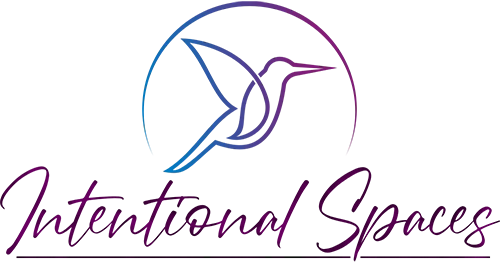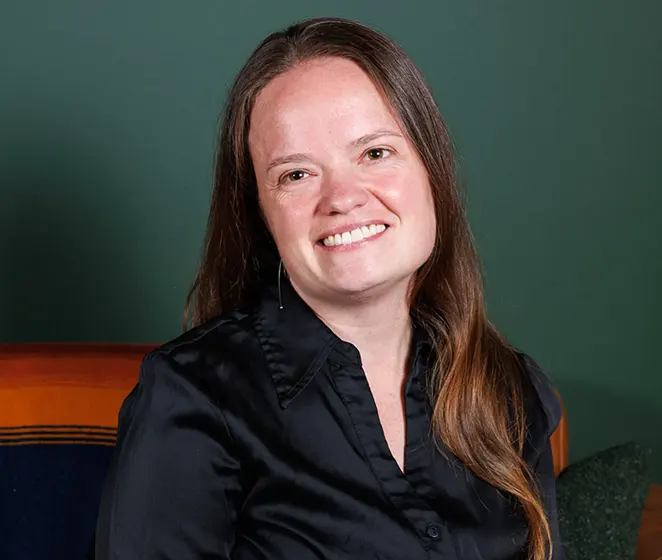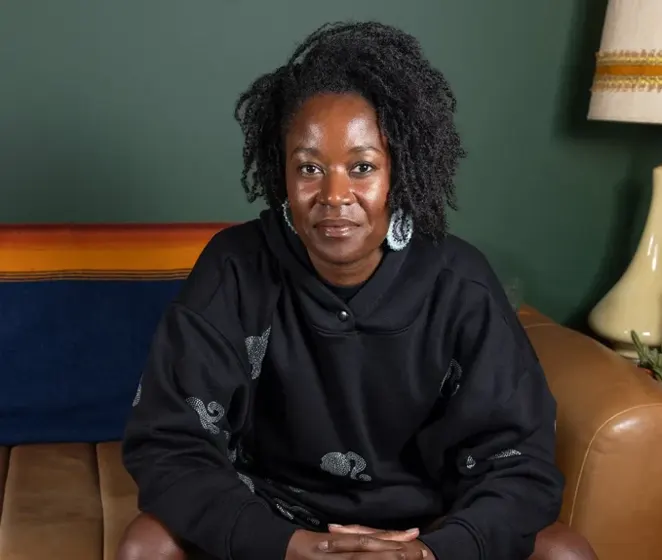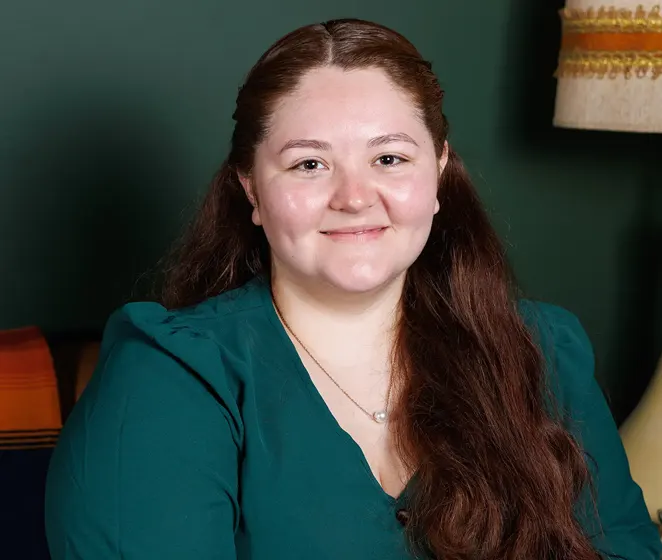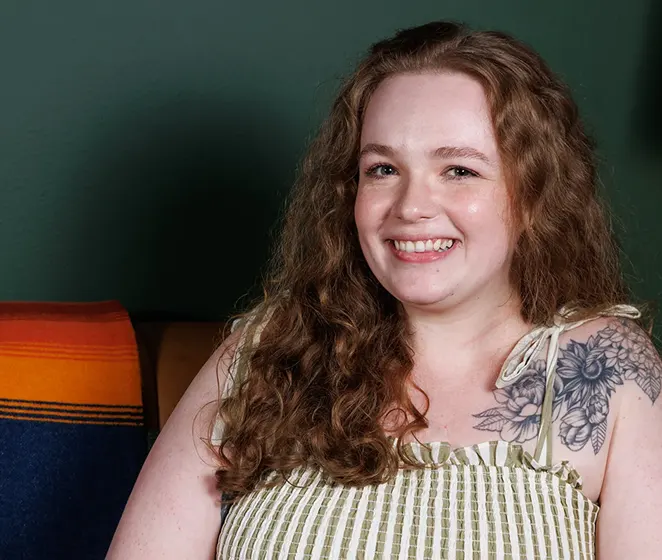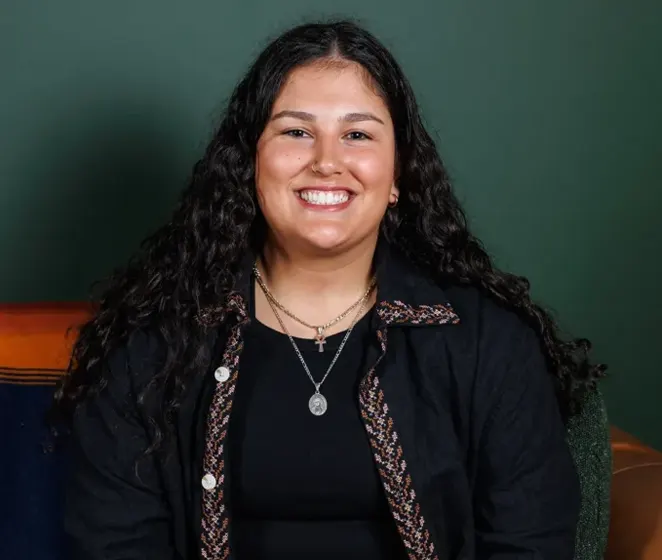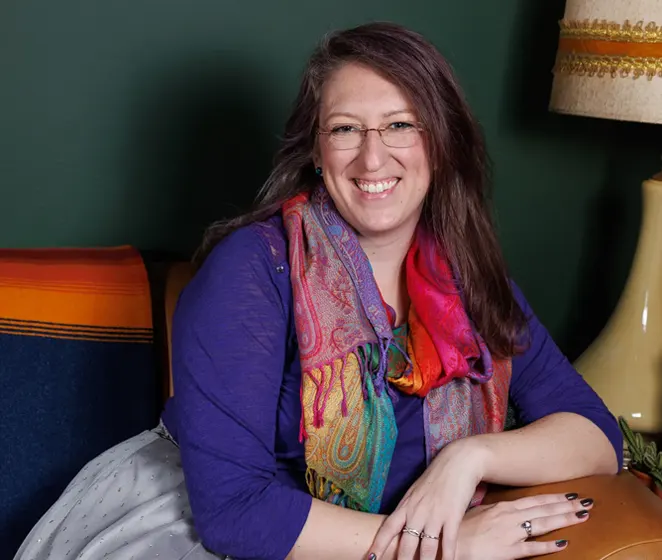by Intentional Spaces Psychotherapy
“No” is such a small word, yet for many people it carries enormous weight. You might recognize the moment well: someone asks for your time, your energy, or your support, and before you have even had the chance to pause and consider whether you actually have the capacity, the word “yes” slips out almost automatically. It feels easier in the moment to agree, even as you feel the familiar heaviness sink in your chest. Later, you may replay the interaction and wonder why you couldn’t just say no. That simple refusal feels out of reach, as though it belongs to someone else.
This struggle is not a sign of weakness or a lack of willpower. It is, in fact, a deeply human pattern. Many of us learned early on that saying yes was the way to stay connected, accepted, or safe within our families, cultures, and communities. Compliance was a way of belonging, of maintaining peace, or of avoiding conflict. Over time, the habit of saying yes became so ingrained that it feels second nature. While this reflex once helped us survive, the same pattern in adulthood can leave us depleted, resentful, and disconnected from our own needs.
Always saying yes comes with an invisible cost. Each time you override your no, you chip away at the integrity of your yes. Your life becomes shaped more by the expectations of others than by your own desires. And beneath the surface, a quieter voice often longs to be heard, yearning for the freedom to choose differently. The work of learning to say no is not about becoming harsh or selfish. It is about reclaiming balance and stepping back into a more authentic relationship with yourself and others. Saying no is a way of allowing your voice to matter, of giving yourself permission to exist fully, not only in service to those around you.
The Hidden Barriers to Saying No
The difficulty of saying no rarely arises only in the moment someone makes a request. For most people, it has roots that stretch far back into childhood, family systems, and cultural narratives. Saying yes became more than a choice; it became a survival strategy, a role you learned to play to stay safe and connected.
Some people grew up in environments where love or approval felt conditional. They may have learned that being helpful, agreeable, or easy to manage earned affection or validation, while resistance brought distance or rejection. Others learned to associate conflict with danger. If saying no triggered punishment, anger, or emotional withdrawal, then compliance felt like the only safe option. In these circumstances, saying yes was not a preference but a shield against harm.
For many, people-pleasing eventually became part of their identity. Statements like “I’m the helper” or “I’m the reliable one” began to define their place in relationships. When your sense of self becomes intertwined with always being available, saying no can feel like betraying who you are. Guilt and shame often rise immediately, even in situations where refusing would cause no real harm. That guilt is not a reflection of the present but of the conditioning carried from the past.
Some never had boundaries modeled for them. In families where no one expressed needs or limits clearly, the very concept of refusal can feel foreign or unsafe. Without examples of how to assert boundaries in healthy ways, people often internalize the idea that saying no is inherently wrong. Over time, the repetition of yes after yes can disconnect you from your ability to recognize that there was ever a choice in the first place.
What You Sacrifice When You Never Say No
When yes is chosen freely, it carries power and authenticity. But when yes becomes reflexive, its meaning begins to erode. What you sacrifice is not always obvious at first, because the costs accumulate slowly. Yet over time, they become difficult to ignore.
One of the first and most common consequences is burnout. Continually giving more than you have leaves you depleted, emotionally and physically. What once may have felt like generosity becomes exhausting, and eventually, numbness can set in. Another sacrifice is resentment. Relationships begin to feel heavy when one person carries the weight of an unspoken imbalance. Resentment quietly builds, sometimes creating more distance than an honest no ever could.
You may also notice a gradual loss of identity. When your attention is constantly directed outward, it becomes harder to know what you actually want or need. Questions like “What do I enjoy?” or “What matters to me?” may feel confusing or even impossible to answer. For some, an automatic yes makes them vulnerable to exploitation. People who take advantage of generosity often gravitate toward those who cannot say no, deepening the cycle of depletion.
But perhaps the most painful sacrifice is internal. Every time you silence your no, you reinforce the idea that your needs are less important than others’. Bit by bit, you become invisible to yourself, living a life shaped more by external demands than by your own truth.
The Role of Culture and Identity in Saying No
It is important to remember that our relationship to boundaries does not form in isolation. It is deeply shaped by culture, family values, and social identity. In some communities, saying yes is not just encouraged, it is equated with respect, loyalty, or generosity. Saying no, by contrast, may be perceived as selfish, dishonorable, or even dangerous to one’s place in the group.
- In collectivist cultures, the needs of the group are often placed above the individual. Prioritizing personal boundaries can feel like turning away from family, heritage, or community.
- For those raised in immigrant households, the sense of responsibility may begin very early. Children are often asked to take on adult roles, and saying no to responsibilities feels unthinkable when so much survival and stability depend on contribution.
- Gender roles add another layer of complexity. Women and femmes are often socialized to be accommodating, agreeable, and nurturing, while men may be discouraged from showing vulnerability in expressing refusal. These cultural messages reinforce the idea that saying no is a violation of expectations tied to identity itself.
Recognizing these influences matters deeply. If saying no feels not only uncomfortable but dangerous, it may be because it truly was at some point in your life or still is in certain contexts. Understanding the cultural and identity-based layers of this struggle helps you approach yourself with compassion rather than judgment. You are not failing by finding it difficult to set boundaries. You are carrying patterns and narratives that were once necessary to belong and survive
How to Begin Saying No Gently
Reclaiming your no is not about swinging to the other extreme and shutting others out. It is about cultivating the ability to respond with choice rather than reflex. The first step is learning to pause. When someone asks something of you, notice your immediate reaction. Is your yes coming from genuine willingness, or is it rising out of guilt, fear, or habit?
Practicing in small steps can make the process less overwhelming. Start with low-stakes situations, such as declining an invitation to a casual outing or turning down an extra task that you know you cannot manage. These moments help your nervous system learn that saying no does not result in catastrophe. Keeping your refusals simple is also important. A phrase like “I can’t take that on right now” communicates enough. Over-explaining can sometimes open the door to negotiation, which pulls you back into the cycle of pressure.
Buying yourself time can also be powerful. Saying “Let me think about it and get back to you” creates space to evaluate whether you truly want to say yes. This allows you to step away from the heat of the moment and respond with clarity rather than panic. Expect discomfort along the way. Feeling shaky, guilty, or anxious when you first start saying no is not failure; it is evidence that you are practicing something new. Over time, that discomfort softens as your sense of safety grows.
Boundaries, after all, are not walls. They are doors. They allow connection to flow in a way that is honest, intentional, and sustainable.
Why Saying No Strengthens Relationships
Many people fear that saying no will damage their relationships, but in reality, automatic yeses often do more harm. When you say yes to everything, hidden resentment builds quietly beneath the surface. Over time, this can create more distance than an honest refusal ever would.
When you set boundaries, something different happens:
- Respect grows because others know that your yes is real and not a performance.
- Intimacy deepens because sharing your limits allows people to know the fuller, more authentic version of you.
- Connection becomes more sustainable, as both people can trust that the relationship is grounded in honesty rather than silent sacrifice.
In this way, no is not a barrier but a bridge. It invites relationships to rest on stronger, more truthful foundations.
What Growth Looks Like
As you begin to practice saying no, you may notice shifts that ripple outward in both subtle and profound ways. You may begin to feel more clarity about what you need and want. Decisions that once left you feeling torn or anxious may feel more grounded. Resentment that once simmered in your relationships may give way to a sense of balance and fairness.
Trust can also deepen, both with yourself and with others. When your words reflect your true capacity, you begin to trust yourself to act in alignment with your needs. Others, in turn, begin to trust that when you say yes, it is genuine. Slowly, you may also find a stronger connection with yourself. Needs that were once buried under layers of compliance and self-silencing start to resurface.
Therapy can provide a supportive space to unpack the roots of these patterns, soothe the fear of rejection, and practice boundaries in a way that feels safe and manageable. Growth does not mean you stop caring for others. It means that your care is sustainable, rooted in honesty, and aligned with who you truly are.

Relearning the Meaning of Yes
One of the most surprising and liberating parts of reclaiming your no is rediscovering what yes can mean. When yes is no longer an automatic response, it regains its depth and power. Instead of carrying the weight of obligation, your yes becomes a reflection of desire, willingness, and authenticity.
Your yes begins to feel lighter because it is no longer tied to guilt. It carries a sense of trust because others know it comes from a genuine place. Most importantly, your yes begins to reflect your whole self, someone who honors limits while still offering care and generosity.
This is the true gift of boundaries. They do not shrink your world; they expand it. They create space for your commitments, your relationships, and your energy to be shaped by truth rather than fear. Saying no and saying yes are not opposites but companions, each giving meaning to the other.
You deserve a life where your no is respected and your yes is celebrated, each held with equal value, each reflecting the fullness of who you are.
